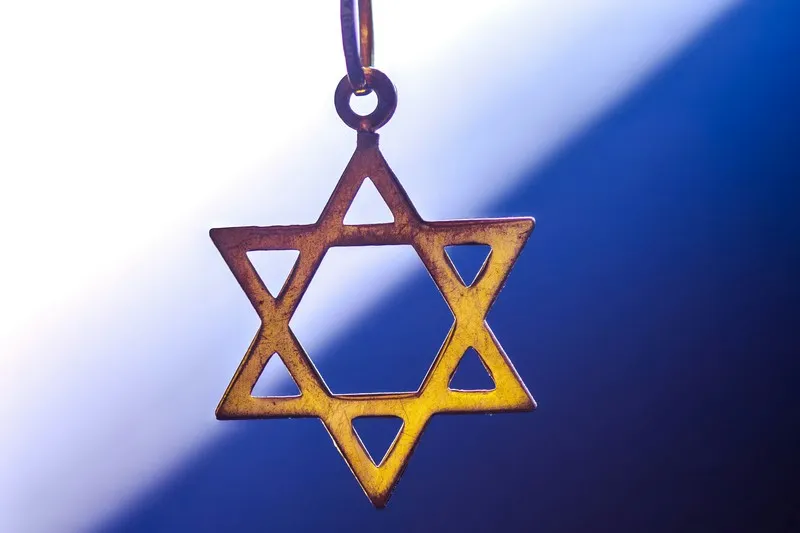Table of Contents
- Historical and Cultural Origins
- Core Beliefs and Practices
- Social Structures and Community
- Judaism and Modernity
- Judaism in the Global Context
- Conclusion
Judaism, one of the oldest monotheistic religions in the world, offers a rich tapestry of cultural, religious, and social elements that have shaped not only its followers but also the broader historical and sociological landscape. As we explore Judaism from a sociological perspective, we delve into its origins, practices, beliefs, and the social dynamics it fosters within its communities and in interaction with broader societies.
Historical and Cultural Origins
The Birth of Judaism
Judaism traces its roots to the ancient Near East, with a history that extends back over 3,000 years. It originated among the Hebrew people, primarily through the patriarchs Abraham, Isaac, and Jacob, whose narratives are central to the Torah, Judaism’s foundational text. These early stories form the bedrock of Jewish identity, emphasizing themes of covenant, faith, and divine guidance. Abraham, regarded as the first patriarch, is often seen as the founder of Judaism due to his covenant with God, which promised his descendants a special relationship with the divine and the land of Israel.
The Development of Jewish Law
The giving of the Torah at Mount Sinai, traditionally dated around 1250 BCE, is a pivotal event in Jewish history. The Torah, encompassing both written and oral traditions, provides comprehensive guidelines for religious practice, ethical conduct, and social justice. The legal and moral precepts outlined in the Torah, particularly the Ten Commandments, form the cornerstone of Jewish life and thought. Over centuries, Jewish scholars and rabbis have expanded on these laws, developing the Talmud and other rabbinic literature, which offer detailed interpretations and applications of Torah principles.
Core Beliefs and Practices
Monotheism and Covenant
At the heart of Judaism is a strict monotheism—the belief in a single, all-powerful God who is the creator and ruler of the universe. This belief is encapsulated in the Shema, a central declaration of faith: “Hear, O Israel: The Lord our God, the Lord is one.” This monotheistic stance not only defines Jewish theology but also sets the stage for the religion’s ethical and ritual practices. The covenant between God and the Jewish people underscores a mutual commitment, with God promising protection and guidance in return for adherence to His commandments.
Rituals and Religious Observance
Jewish religious observance is marked by a rich tapestry of rituals and customs. These include daily prayers, Sabbath observance, dietary laws (kashrut), and numerous festivals and holy days. The Sabbath, or Shabbat, observed from Friday evening to Saturday evening, is a weekly day of rest and spiritual renewal, emphasizing family, community, and worship. Major festivals such as Passover, Rosh Hashanah, Yom Kippur, and Hanukkah commemorate historical events and embody spiritual themes, fostering a sense of historical continuity and communal identity.
Life Cycle Events
Judaism places significant emphasis on life cycle events, which mark key transitions in an individual’s life and integrate them into the community. These include the Brit Milah (circumcision) for newborn boys, Bar and Bat Mitzvahs for adolescents, marriage ceremonies, and mourning practices. Each of these rituals carries profound religious and social significance, reinforcing communal bonds and individual commitment to Jewish life and values.
Social Structures and Community
The Role of the Synagogue
Get the full article AD FREE. Join now for full access to all premium articles.
View Plans & Subscribe Already a member? Log in.





